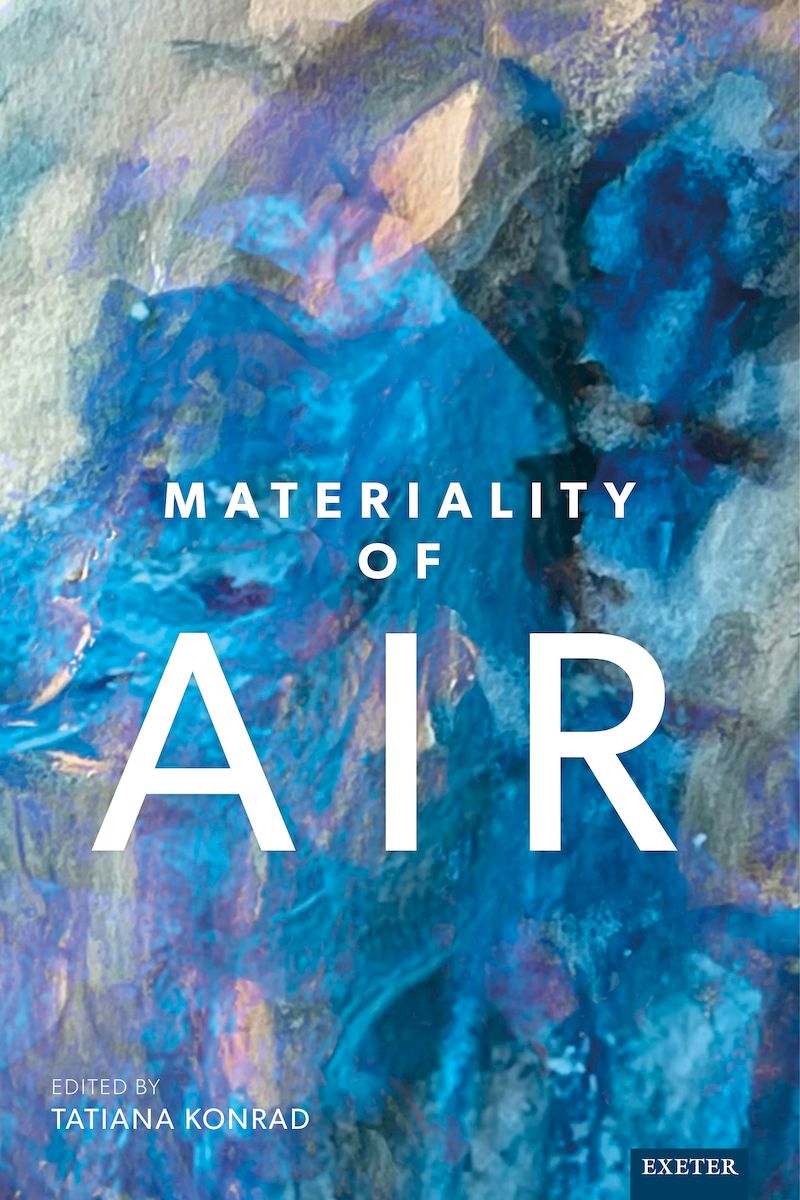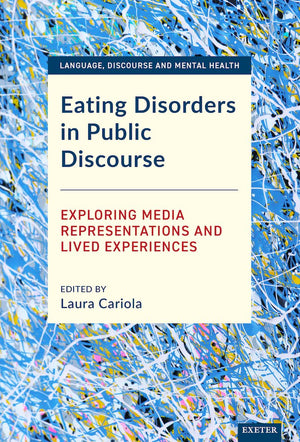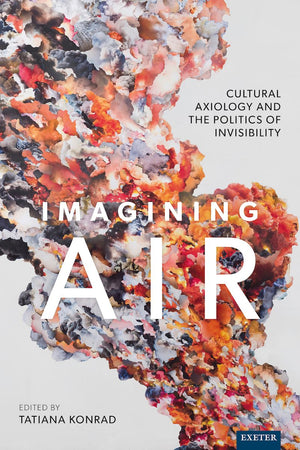University of Exeter Press
Materiality of Air
Couldn't load pickup availability

- 212 Pages
Exploring air, airborne phenomena, and elemental representation, this book dissects the materiality of air, which comes to the fore ever more vigorously given the ongoing environmental and health crises. Understanding air’s materiality is essential to outlining clear solutions to our current challenges and to generating new meanings of what constitutes an environmentally safe and healthy future. The dual nature of air makes it a rich field for metaphor and a potent subject to think with: as space that contains and engages with other elements, particles, and beings; and as matter that moves, envelopes, and penetrates objects, spaces, and time.
Each essay here offers new perspectives on air’s material qualities, as a literal and figurative element that provides an important lens on climate change, toxicity, pollution, capitalism, violence, and transmission, among other issues. The book also highlights future directions for engaging with the all-important medium of air.
This edited collection responds to the growing scientific and scholarly explorations of elements and the elemental, as well as the complex environmental, sociopolitical, economic, and cultural issues that emerge through these elements. Bringing together experts from the environmental humanities, health humanities, cultural studies, literary studies, art, and history, the essays consider the complex relationships between humans, more-than-humans, and the environment more broadly.
- 212 Pages














